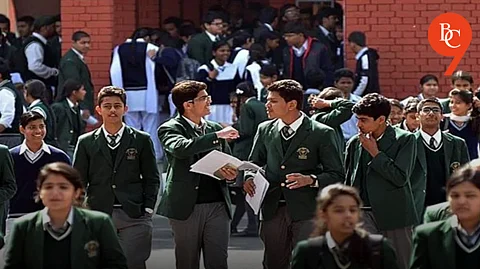

The Central Board of Secondary Education (CBSE) has announced a new guideline mandating the installation of Closed-Circuit Television (CCTV) cameras in all affiliated schools across India. The directive, released in July 2025, is part of the board’s ongoing efforts to ensure a secure environment for students and staff alike.
CBSE has issued circulars to over 27,000 schools affiliated with the board, directing them to install functional CCTV systems in and around all critical areas of the school premises. These include entrances and exits, classrooms, corridors, playgrounds, common areas, and school transport.
The decision comes in the wake of rising concerns from parents and education experts regarding incidents of bullying, misbehavior, and unauthorized access inside school campuses. High-profile safety breaches in recent years have intensified the demand for better surveillance and monitoring mechanisms in educational settings.
"Student safety is our topmost priority, and the installation of CCTV cameras will help prevent untoward incidents while fostering greater transparency in school administration," the CBSE said in an official statement.
All schools must install high-resolution CCTV cameras at every entry and exit gate, within all classrooms, hallways, staircases, and playgrounds. Footage must be stored for a minimum of 30 days and be made available for inspection by CBSE authorities at any time.
Every school must appoint a CCTV monitoring officer responsible for ensuring the camera systems are functional and maintained regular. Schools must not install cameras inside washrooms or changing rooms, maintaining student privacy in sensitive zones. Parents may be allowed access to selected, recorded footage upon written request, depending on the situation.
However, the implementation is not without challenges. Some school managements, particularly those in rural or low-income areas, have expressed concerns over the cost of installation and maintenance of surveillance systems. Others have raised privacy concerns, especially around student data and camera placement.
CBSE has clarified that financial constraints can be addressed through phased implementation and has offered technical guidance to schools needing support. Additionally, CBSE stressed that cameras must be positioned to balance safety and privacy rights, following ethical surveillance norms.
Schools have been given a deadline of six months from the date of issuance to fully comply with the guidelines. Failure to adhere to the mandate may attract penalties, including notices or even suspension of affiliation, depending on the extent of non-compliance.
